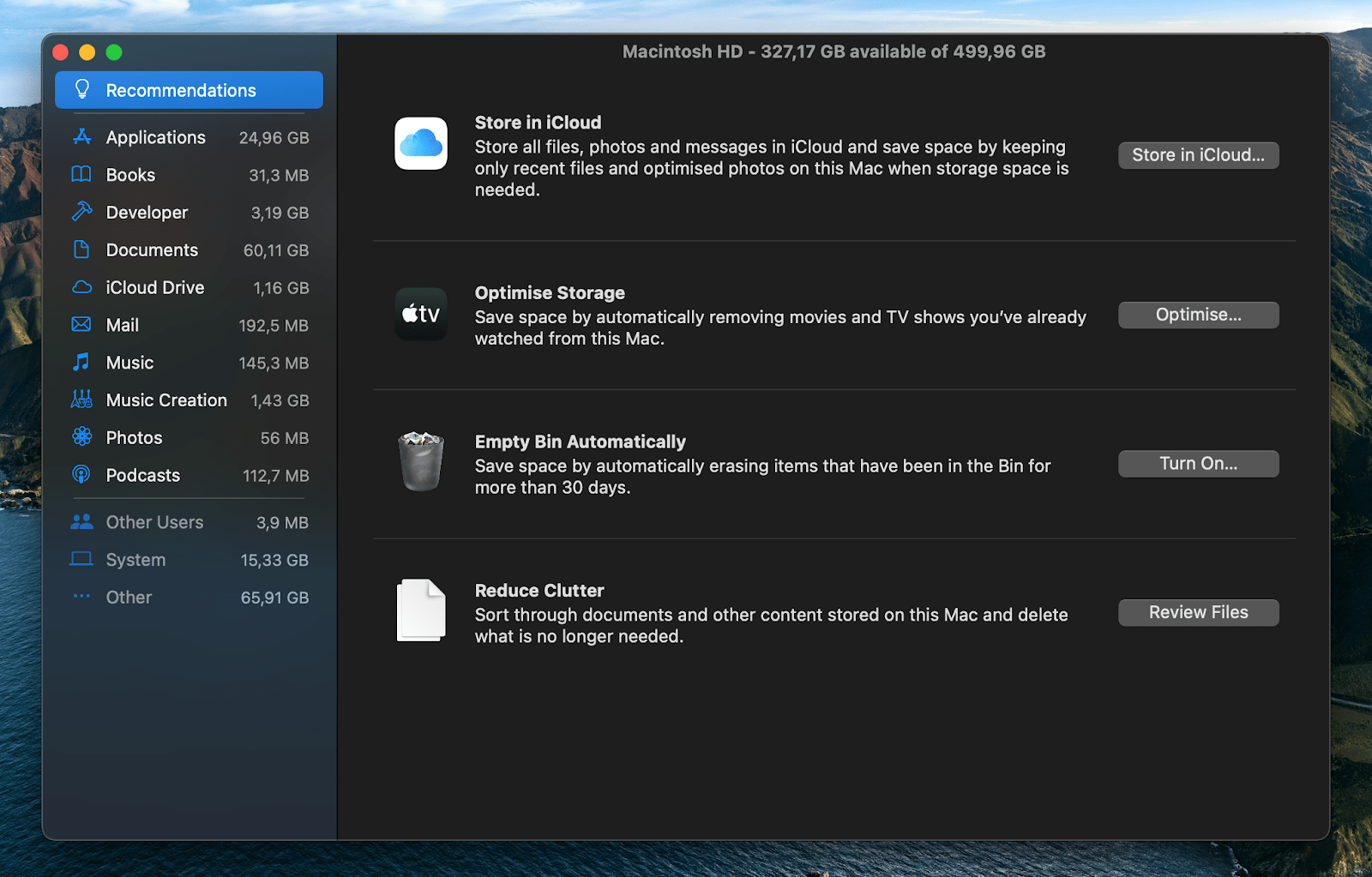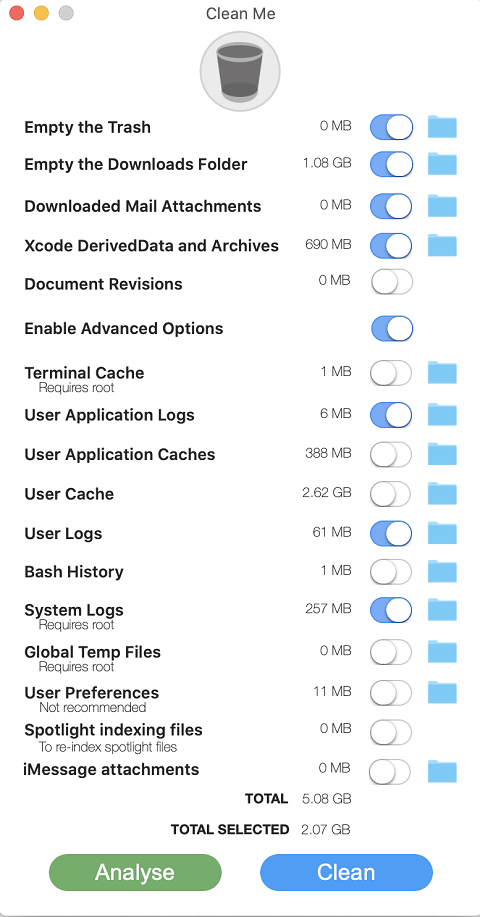
It’s important to keep in mind that deleting cookies doesn’t eliminate all data tracking. The ads and suggestions you see online may also be less relevant to you. Without cookies, you’ll be logged out of all your online accounts, which means you’ll have to re-enter your login information and reset your website preferences. After you clear your cookies, your browser won’t remember the URLs of your favorite websites, nor will it save any items you had in your virtual shopping carts. Cons of deleting cookiesĭeleting your cookies makes online browsing less convenient. By deleting cookies, you can start fresh and choose the types of cookies you want to accept on each site going forward. However, the main appeal of deleting your cookies is that it gives you a clean slate. You may see fewer targeted ads as a result. Without your cookies, website hosts won’t be able to count how many times you visit their sites, nor will they be able to create a digital persona based on your personal information. Not only will you have more privacy if you share your device with another person, but you’ll also have more privacy from website hosts who use persistent cookies, or cookies that get saved for long periods of time. Pros of deleting cookiesĭeleting your cookies can help you regain a bit of privacy.

However, getting rid of your cookies also comes with consequences. Deleting your cookies can be helpful if you share your computer or device with other people and don’t want them to see your browsing history.

When you delete cookies from your computer, you erase information saved in your browser, including your account passwords, website preferences, and settings. But how effective is that strategy? Should you delete cookies from your computer? Keep reading to find out what happens when you clear your cookies, and what the advantages and disadvantages are of wiping your cookies clean. The prevalence of tracking cookies has led many people to delete their cookies in an attempt to regain their privacy. Other sites use opt-out policies, which means that unless you find and un-check a pre-checked box, you automatically agree to having your cookies stored if you browse the site.

For example, some sites don’t allow you to continue past a certain web page unless you click a button that says you agree to having your cookies stored. Using third-party cookies, companies and websites can collect and analyze information on your location, job, finances, shopping habits, and more.Īlthough the EU Cookie Law requires websites to get consent from visitors before using tracking cookies, most websites force visitors to consent. That’s because many websites use a version of cookies called “third-party cookies” - also known as “tracking cookies” - to gather users’ personally identifiable information (PII). Though cookies were designed to facilitate internet browsing, they can also infringe on your online privacy. Cookies are responsible for remembering your personal information and internet browsing preferences, like your favorite websites and preferred language settings.
:max_bytes(150000):strip_icc()/002_Mac-Safari-Delete-Private-Data-1171077-5647a9c436ad4e5aa2e6efb4f14004b4.jpg)
There’s a lot of confusion around cookies - the tiny text files that get saved in your browser. Share this article Should I delete cookies from my computer?


 0 kommentar(er)
0 kommentar(er)
